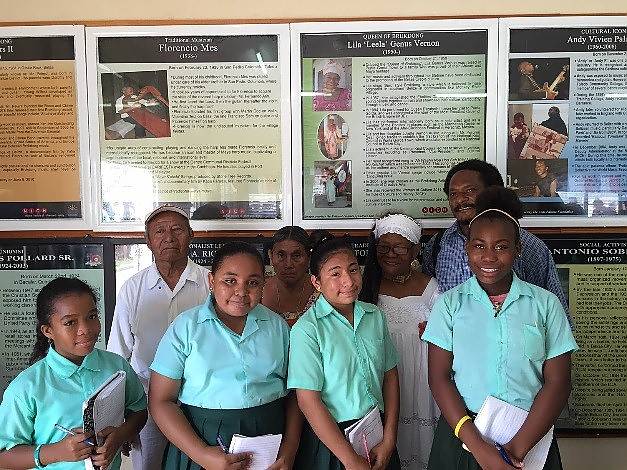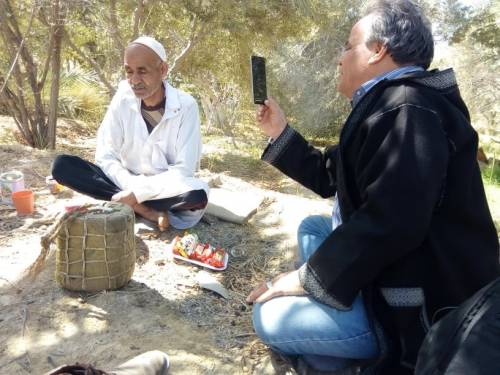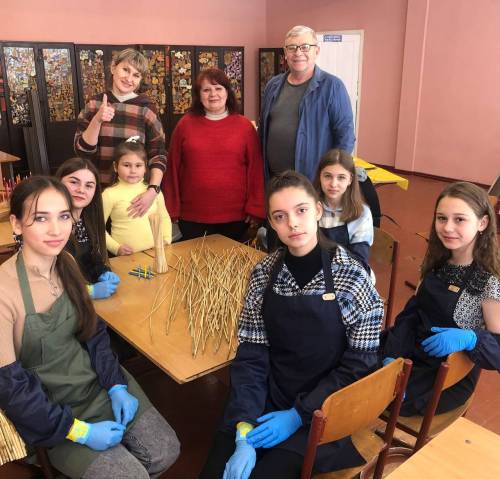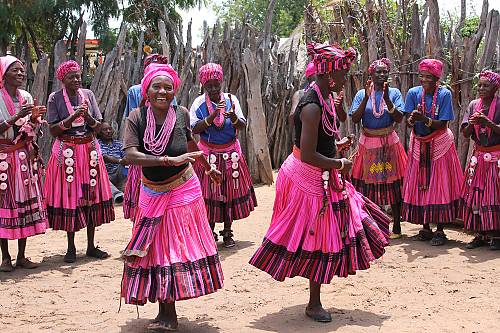Co-organized by the UNESCO Intangible Cultural Heritage Section and the International Institute for Capacity Building in Africa, a roundtable event on ‘Learning with Intangible Cultural Heritage in Education’ took place in the context of the eleventh session of the Intergovernmental Committee for the Safeguarding of the Intangible Cultural Heritage in Addis Ababa, Ethiopia.
Video recording of the event: original
During her opening statement, moderator Jyoti Hosagrahar, Director of UNESCO’s Culture Sector Division for Creativity, noted that ‘incorporating intangible cultural heritage in education is a win-win situation for education and culture and can make a significant contribution to achieving sustainable development goal 4’. She also emphasized that the Convention for the Safeguarding of the Intangible Cultural Heritage highlights transmission of intangible cultural heritage through formal and non-formal education as part of the proposed safeguarding measures.
After remarks from the co-organizers and Mahama Ouedraogo from the African Union Commission, panelists discussed on the ground experiences from Belize, Uganda and Pakistan.
A UNESCO project on learning with intangible heritage for a sustainable future was presented by UNESCO facilitator Sajida Vandal. The project underlined that we need to promote learning with and not only learning about intangible cultural heritage, if we want to foster transmission.
All the speakers showed how incorporating intangible heritage in schools reconnects schools and communities and strengthens a sense of belonging among the learners and teachers.
A key message was that intangible heritage provides content and methods and fosters the relevance and quality of education, while education provides important spaces for transmission. Both of the co-organizers expressed their intention to continue their work on this topic: ‘we know that we have to work together from the education and the culture field in order to really make this a mutually beneficial relationship’.
For more information, contact:
Susanne Schnuttgen
Chief of Unit, Capacity Building and Heritage Policy
Intangible Cultural Heritage Section, UNESCO
s.schnuttgen@unesco.org
Evento:
-
Learning with intangible cultural heritage in education (29 de noviembre de 2016 – 29 de noviembre de 2016)




